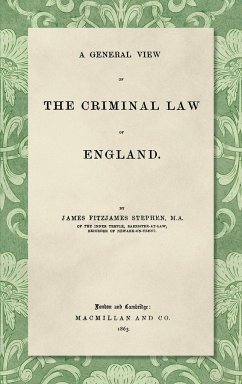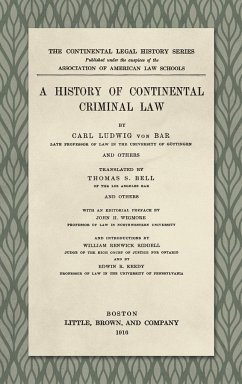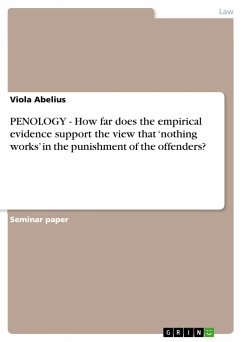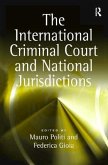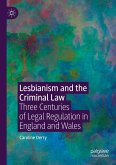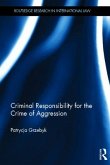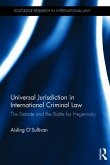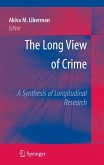"Probably the Best Modern History of a Particular Branch of English Law" "When it appeared in 1883 it was probably the best modern history of a particular branch of English law that had yet appeared in England. It won high praise from Pollock and Maitland. English criminal law, they said, will be fortunate in its historians, 'for it will fall into the hands of Matthew Hale and Fitzjames Stephen.' Though the more intensive study of the earlier history of our law has rendered some parts of it obsolete, it is still the best history of the later stages of the law. And it has another merit which it can never lose. The fact that its author was a practising lawyer and a judge, gives to his account of many parts of the law, and especially to his analysis of famous trials, the reality and vividness which comes of practical experience." -William S. Holdsworth, The Historians of Anglo-American Law 78. Sir James Fitzjames Stephen [1829-1894] was a distinguished and influential lawyer, judge, writer and law reformer. When he was the legal member of the Imperial Legislative Council in India, he drafted twelve acts and eight other enactments. Most of these, such as the Indian Evidence Act, are in force today. His 1878 Digest of Criminal Law, a codification, though never adopted in Great Britain, was the basis of the criminal codes of Canada, New Zealand and several colonies of Australia. Also a philosopher, he was a leading critic of John Stuart Mill. xii, 499 pp.

